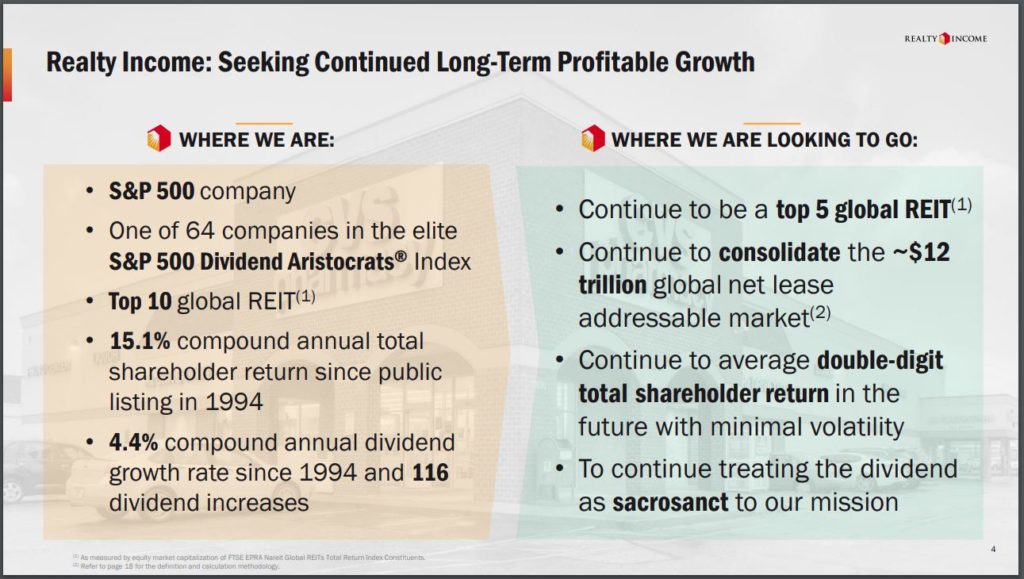Embarking on the journey of understanding Small Business Insurance Guide: What Every Owner Should Know, readers will be captivated by a detailed exploration of this essential topic. The following paragraphs will shed light on the crucial aspects of insurance for small businesses, providing valuable insights for owners navigating this complex landscape.
This guide aims to simplify the often overwhelming world of insurance, offering practical advice and real-world examples to help owners make informed decisions for their businesses.
Introduction to Small Business Insurance
Small business insurance is a type of coverage designed to protect small business owners from financial losses due to unexpected events. It is essential for safeguarding the assets and operations of a small business.
Importance of Small Business Insurance
Having small business insurance is crucial for protecting your business from risks that could potentially lead to financial ruin. It provides peace of mind knowing that you have coverage in place to handle unexpected situations.
Types of Insurance Policies for Small Businesses
- General Liability Insurance: This type of insurance covers third-party bodily injuries, property damage, and advertising injury claims.
- Property Insurance: Property insurance protects your business property, including buildings, equipment, inventory, and other assets.
- Professional Liability Insurance: Also known as errors and omissions insurance, this policy protects businesses that provide professional services from claims of negligence.
- Workers' Compensation Insurance: Workers' compensation insurance provides coverage for medical expenses and lost wages for employees who are injured on the job.
- Business Interruption Insurance: This type of insurance helps cover lost income and expenses if your business is unable to operate due to a covered event.
Common Types of Small Business Insurance

Small businesses face various risks that can impact their operations and financial stability. Having the right insurance coverage is crucial to protect against these risks. Here are some key types of insurance that every small business owner should consider:
General Liability Insurance
General liability insurance provides coverage for legal costs and damages if your business is sued for bodily injury, property damage, or advertising injury. It can help cover medical expenses, legal fees, and settlements in case of a lawsuit.
- Example Scenario: A customer slips and falls in your store, resulting in injuries. General liability insurance would cover the customer's medical expenses and any legal fees if they decide to sue your business.
Property Insurance
Property insurance protects your business property, including buildings, equipment, inventory, and furniture, from risks such as fire, theft, vandalism, and natural disasters. It can help cover the cost of repairing or replacing damaged property.
- Example Scenario: A fire breaks out in your office, causing damage to your equipment and furniture. Property insurance would cover the cost of replacing the damaged items and repairing the office space.
Workers' Compensation Insurance
Workers' compensation insurance is mandatory in most states and provides coverage for medical expenses and lost wages for employees who are injured or become ill on the job. It helps protect both employees and employers in case of work-related injuries or illnesses.
- Example Scenario: An employee injures their back while lifting heavy boxes at work. Workers' compensation insurance would cover their medical expenses, rehabilitation costs, and a portion of their lost wages while they recover.
Factors to Consider When Choosing Insurance

When selecting insurance policies for a small business, there are several key factors that owners should take into consideration to ensure adequate coverage and protection. The size and nature of the business play a significant role in determining the insurance needs, and it is essential to weigh the costs against the benefits of different insurance options.
Impact of Business Size
- Smaller businesses may have different insurance needs compared to larger corporations. Assessing the size of the business can help determine the level of coverage required.
- Consider the number of employees, annual revenue, and overall financial stability of the business when choosing insurance policies.
- Smaller businesses may opt for bundled insurance packages that offer multiple coverage options at a more affordable rate.
Nature of the Business
- The type of industry and specific risks associated with the business activities will influence the insurance requirements.
- Businesses operating in high-risk industries, such as construction or healthcare, may need specialized insurance coverage to mitigate potential liabilities.
- Consider the location of the business and any environmental factors that could impact the need for certain types of insurance, such as flood or earthquake coverage.
Costs vs. Benefits Analysis
- Compare the premiums and deductibles of different insurance policies to determine the overall cost of coverage.
- Weigh the potential benefits of each policy, such as coverage limits, exclusions, and additional services provided by the insurer.
- Consider the long-term financial impact of not having adequate insurance coverage in place, especially in the event of a significant loss or liability claim.
Understanding Policy Limits and Deductibles
When it comes to small business insurance, understanding policy limits and deductibles is crucial for ensuring adequate coverage and financial protection. Policy limits refer to the maximum amount an insurance company will pay for a covered claim, while deductibles are the amount the policyholder is responsible for paying before the insurance coverage kicks in.
Importance of Choosing Appropriate Deductibles
Choosing the right deductible for your small business insurance policy is essential in balancing your premium costs and out-of-pocket expenses. A higher deductible typically results in lower premiums, but it also means you will have to pay more in the event of a claim.
On the other hand, a lower deductible means higher premiums but less out-of-pocket costs when you need to file a claim.
Impact of Policy Limits and Deductibles on Claims
Policy limits and deductibles can significantly impact your claims experience as a small business owner. For example, if your policy limit is too low, you may not have enough coverage to fully compensate for a loss or liability claim. Similarly, choosing a deductible that is too high could strain your finances when you need to make a claim.
It's crucial to strike a balance and select policy limits and deductibles that align with your business's risk tolerance and financial capacity.
Risk Assessment and Mitigation Strategies

When running a small business, it is crucial to assess potential risks and have strategies in place to mitigate them effectively. This includes understanding the types of risks your business may face and taking proactive measures to protect your assets.
Risk Assessment Process
Before determining the insurance coverage needed for your small business, it is essential to conduct a comprehensive risk assessment. This involves identifying potential threats to your business operations, such as property damage, liability claims, or business interruption.
- Evaluate the physical location of your business and assess any potential hazards in the area.
- Consider the nature of your business activities and the inherent risks associated with them.
- Review past insurance claims, if any, to identify recurring issues that need to be addressed.
Mitigation Strategies
Once you have identified the risks, it is important to implement mitigation strategies to minimize their impact on your business. This can involve a combination of insurance coverage and preventive measures to reduce the likelihood of risk occurrence.
- Purchase appropriate insurance policies to cover potential risks, such as general liability insurance, property insurance, or professional liability insurance.
- Implement safety protocols and training programs to reduce the chances of workplace accidents or injuries.
- Develop a business continuity plan to ensure your operations can continue in the event of a disaster or unforeseen event.
Risk Assessment Scenarios and Insurance Solutions
Here are some common risk assessment scenarios for small businesses and the corresponding insurance solutions:
| Risk Scenario | Insurance Solution |
|---|---|
| A customer slips and falls in your store, resulting in a liability claim. | General liability insurance can cover legal expenses and settlement costs. |
| Your business property is damaged due to a fire or natural disaster. | Property insurance can help repair or replace damaged assets. |
| An employee makes a mistake that leads to financial loss for a client. | Professional liability insurance can protect your business against claims of negligence or errors. |
Closing Notes
In conclusion, Small Business Insurance Guide: What Every Owner Should Know serves as a comprehensive resource for businesses looking to safeguard their interests and assets. By understanding the intricacies of insurance policies and risk assessment, owners can navigate the challenges of entrepreneurship with confidence and peace of mind.
Question Bank
What is the importance of small business insurance?
Small business insurance is crucial for protecting a business from financial losses due to unforeseen circumstances like lawsuits, property damage, or employee injuries. It provides a safety net that can help businesses stay afloat in times of crisis.
How do policy limits affect insurance coverage?
Policy limits determine the maximum amount an insurance company will pay for a covered claim. Choosing appropriate policy limits is essential to ensure adequate coverage without overpaying for unnecessary protection.
What are some key factors to consider when selecting insurance policies for a small business?
When choosing insurance, small business owners should consider factors such as the nature of their business, potential risks, budget constraints, and legal requirements. Tailoring coverage to specific needs is crucial for adequate protection.




